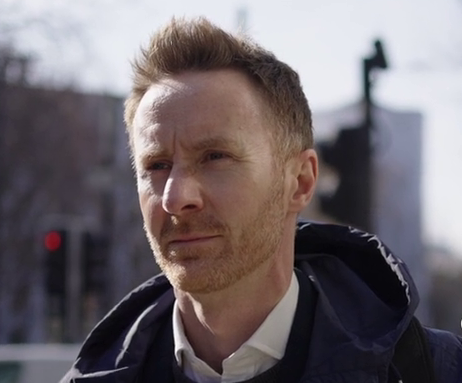By Mark Newberry, commercial director and sustainability spokesperson at Europcar Mobility Group UK
The House of Lords Committee Environment and Climate Change Committee recently issued a dire warning that the government needs to take urgent action to smooth the way for drivers to go electric.
Issues highlighted in the report – EV strategy: Rapid Recharge Needed – include lack of access to charging, the cost of charging and the cost of purchasing electric vehicles (EV) in the first place.
Recent Europcar research reached similar conclusions. The January 2024 barometer of what barriers employees believe stand in the way of sustainable fleets found the cost of purchasing and maintaining EVs was the biggest blocker (45.2%) followed by the lack of charging infrastructure (32.4%).
Lack of knowledge and understanding was also a big issue, cited by 22.4% of employees.
The Environment and Climate Change Committee presented a number of potential solutions, including the introduction of a ‘battery health standard’, the reintroduction of financial incentives, reforms to both vehicle excise duty and VAT on public charging and for the charging infrastructure rollout to be turbo-charged.
Whilst all of these initiatives would clearly help, we also need to help overcome the fear, uncertainty and doubt that exists and win the hearts and minds of potential EV motorists.
What we also need to recognise is that the transition process needs to incorporate real-world ‘testing’.
Making the change from ICE to electric takes a mind-shift in terms of ownership and driving behaviour; it’s not surprising, therefore, that organisations and individuals are hesitating.
Cutting fleet emissions
Fleet managers and business owners are looking closely at their operational behaviours and making considered changes that help cut costs and improve efficiency as well as reduce their impact on the environment.
In a survey of 300 fleet and business travel decision-makers, nearly a third (29%) aim to increase the use of alternative mobility solutions such as cycling and walking.
This was closely followed by increasing the number of electric vehicles on the fleet (28%) and an overall reduction in business travel (26%).
More than half of workplaces provide charging facilities.
These results, published in a report entitled Switching sustainability from buzzword to business benefit, demonstrate the critical role UK businesses play in supporting the Government’s ambitious net zero strategy.
The private sector clearly understands that sustainability is not a buzzword, it is a business benefit. However, the road to zero emissions is not always smooth, and even businesses with admirable environmental intentions can face roadblocks.
Tackling the challenges
Despite their environmental benefits, electric vehicles don’t have the most positive reputation, and this is one of the biggest challenges businesses face in electrifying their fleets.
Respondents to the research said employees resist moving to EVs because they believe it will impact their productivity and potentially even their earnings.
Other concerns holding businesses back include unknown costs of repair, maintenance and servicing, and nervousness around vehicle range.
Beyond lack of knowledge and experience, other hurdles include the cost of obtaining vehicles, access to charging points at home or work as well as public charging while out on the road, and the rising cost of charging.
In addition, there is a constant stream of negative EV reporting that adds further doubt to the minds of those considering making the transition.
It is clear that driver and fleet education is required to help improve perceptions of EV options, as will giving drivers access to experience an EV for themselves.
That’s why we’re working with a number of organisations to help them and their drivers try EV for themselves in real-world conditions before making the switch.
Indeed, depending on where a business operates, where its employees live and the journeys they do, it’s becoming clear through the use of rental as a ’test-bed’ for electric that an EV could be a far better option than an ICE model.
Implementing flexible vehicle usage including vehicle rental when needed and an increased use of public transport can reduce the burden of fleet management as well as carbon emissions.
And if these fleet options include access through rental to newer and therefore more fuel-efficient petrol vehicles, hybrids, and fully electric, drivers could quickly understand the positive impact of low and zero-emissions mobility in a practical, accessible and cost-efficient way.
The technology is here today, it cuts carbon today and it delivers mobility today. It works and all we have to do is find a way of breaking down the barriers and help businesses and individuals transition.
Financial incentives and improved charging infrastructure, as suggested by the House of Lords Committee would, of course, also make a significant difference. Let's see if any of these points are addressed in this year’s Budget.


















Login to comment
Comments
No comments have been made yet.